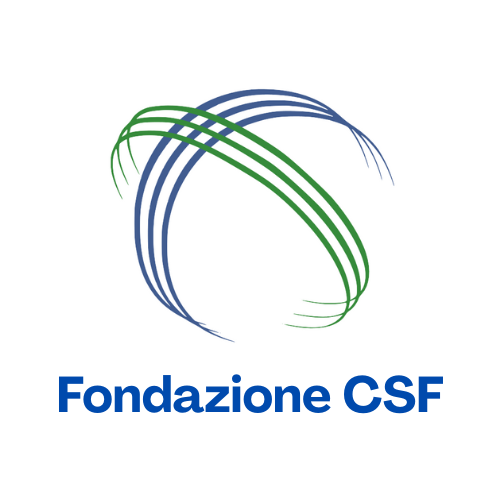Federico Fabbrini / February 2023
The war in Ukraine represented a major geopolitical shock for the European Union (EU). In the face of an illegal Russian aggression EU institutions and member states rallied to support Ukraine. Nevertheless, the war in Ukraine also exposed the limited fiscal capacity of the EU. As a result, EU institutions and member states had to come up with creative ways to financially back Ukraine’s military and civilian efforts. This paper examines the two key tools deployed by the EU to fund Ukraine in its war against Russia, namely the European Peace Facility (EPF) and the Macro-Financial Assistance (MFA+) Instrument. The paper details the legal features of these tools, evaluates their intergovernmental vs supranational nature, and reflects on their significance for the consolidation of an EU fiscal capacity. As the paper argues, the war in Ukraine quickly prompted the EU to replicate some of the novelties it used to respond to the Covid-19 pandemic, namely the use of common borrowing and spending. Nevertheless, structural fiscal and governance weaknesses still limit the ability of the EU to mobilize resources and leverage power on the international stage.
Keywords: War in Ukraine, EU budget, debt, European Peace Facility, Macro-Financial Assistance
Federico Fabbrini is Full Professor of Law at Dublin City University and Fellow in Law, Ethics and Public Affairs at Princeton University.
E-mail:
A revised version of this article will be forthcoming in a special issue of Politics and Governance

 En
En  It
It 


